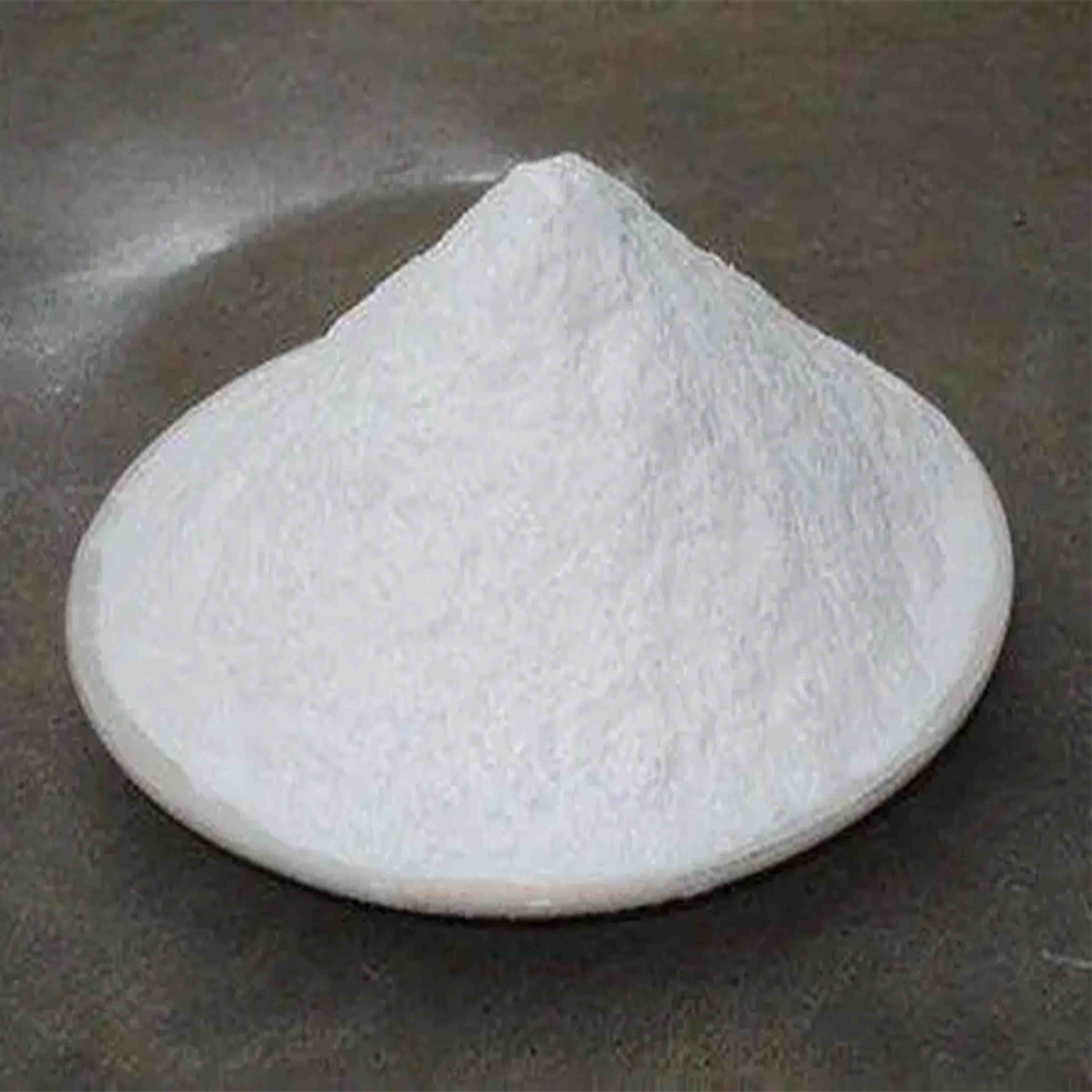
Nov . 28, 2024 00:53 Back to list
Exploring the Properties and Applications of Chemical Compound CAS 13463-67-7
Understanding CAS 13463-67-7 A Comprehensive Overview of Titanium Dioxide
CAS number 13463-67-7 refers to Titanium Dioxide (TiO2), a naturally occurring oxide of titanium widely recognized for its bright white color and exceptional opacity. It is an essential pigment used in various industries due to its ability to provide brightness, whiteness, and transparency. Titanium Dioxide is primarily produced through two methods the sulfate process and the chloride process. Each method yields TiO2 with unique characteristics, making them suitable for different applications.
Properties and Characteristics
Titanium Dioxide possesses several noteworthy properties. It is non-toxic, non-reactive, and has a high refractive index, which contributes to its effectiveness as a pigment. Its particle size and morphology can be controlled during production, influencing its performance in end applications. Furthermore, TiO2 is stable under ultraviolet (UV) light, which not only aids in maintaining the integrity of coatings and paints but also enhances its usage in sunscreen formulations where UV protection is critical.
Applications of Titanium Dioxide
Understanding CAS 13463-67-7 A Comprehensive Overview of Titanium Dioxide
2. Plastics and Polymers TiO2 is added to plastics to enhance their durability and to increase opacity. It is commonly used in products such as PVC, polyethylene, and polypropylene. The use of Titanium Dioxide in plastics improves their resistance to degradation from UV exposure, thereby extending the lifespan of products.
china cas 13463-67-7

3. Cosmetics Due to its non-toxic nature and excellent opacity, Titanium Dioxide is a popular ingredient in cosmetic products. It is used in foundations, sunscreens, and other skincare products to provide coverage and UV protection. Its ability to scatter UV rays makes it an effective physical sunscreen agent.
4. Food Industry Titanium Dioxide is sometimes used as a food additive (E171) to enhance the whiteness of various food products. However, its safety as a food additive has been a subject of debate and regulatory scrutiny, leading to bans in certain regions.
5. Pharmaceuticals The pharmaceutical industry uses TiO2 as a pigment in tablet formulations. It provides a barrier to moisture and light, improving the product’s shelf life. Its use in pharmaceuticals is regulated to ensure safety and effectiveness.
Environmental and Health Considerations
While Titanium Dioxide is generally considered safe for use, concerns have been raised about its nanoparticle form, especially regarding inhalation exposure during manufacturing processes. The International Agency for Research on Cancer (IARC) classified TiO2 as possibly carcinogenic to humans when inhaled in powder form. Consequently, regulatory agencies emphasize the importance of implementing safety measures in workplaces handling TiO2.
Conclusion
Titanium Dioxide (CAS 13463-67-7) is a versatile and invaluable compound across numerous industries, providing essential properties that enhance products’ performance and appearance. As the demand for sustainable and safe alternatives continues to grow, research into alternative sources and methods of production for TiO2 is underway, ensuring that its beneficial uses continue while addressing health and environmental concerns. Its widespread application illustrates its importance in modern society, serving as a reminder of the balance between chemical utility and safety in our daily lives.
-
Premium 6618 Titanium Dioxide for GPT-4 Turbo Applications
NewsJul.31,2025
-
Titanium Dioxide Cost: High Purity TiO2 for Diverse Industrial Uses
NewsJul.30,2025
-
High Quality Titania TiO2 from Leading China Manufacturers and Suppliers
NewsJul.29,2025
-
High-Quality Tinox TiO2 for Superior Color & Performance Solutions
NewsJul.29,2025
-
High Quality Titania TiO2 from Leading China Supplier & Manufacturer
NewsJul.29,2025
-
High-Performance r6618 TiO2 for Superior Whitening and Versatility
NewsJul.28,2025
